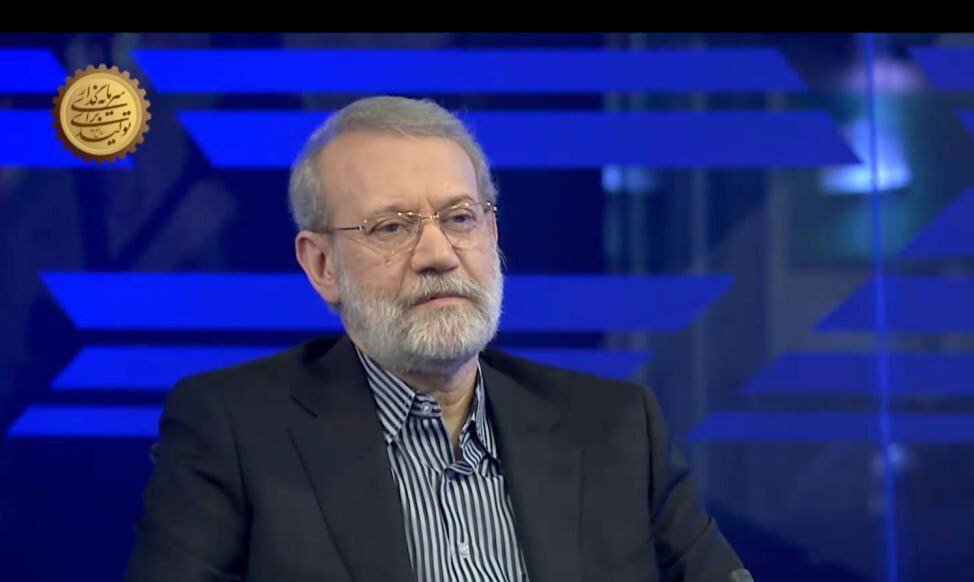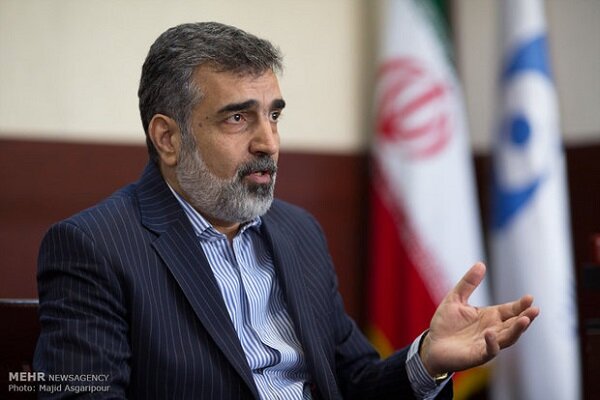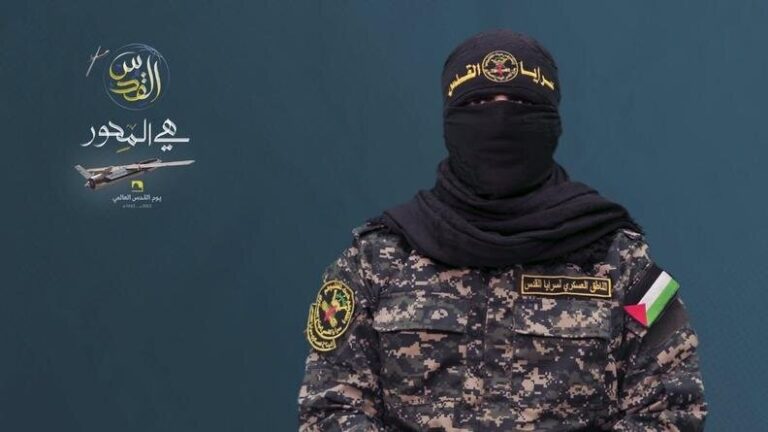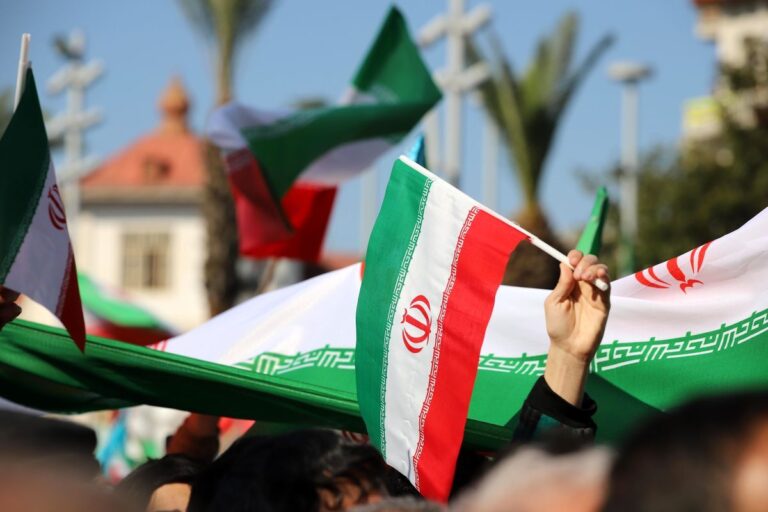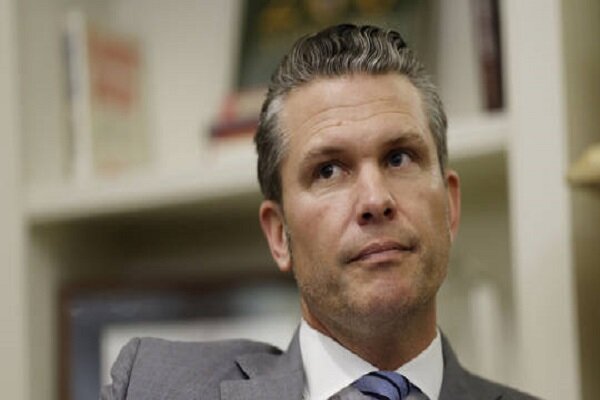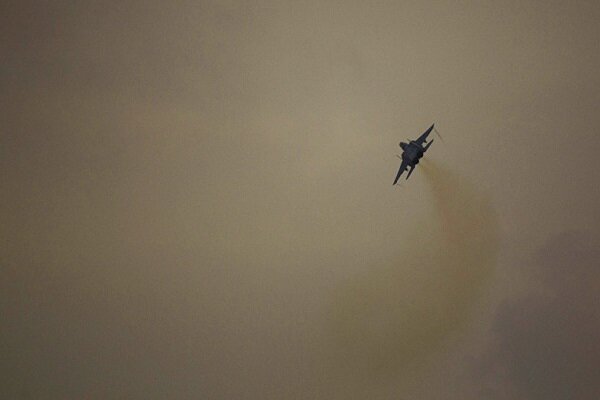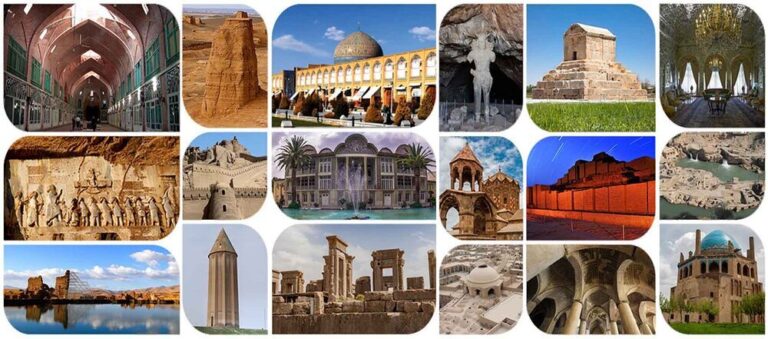Military Action Against Iran: A Catalyst for Accelerated Nuclear Weapons Development
In recent developments concerning Iran’s nuclear program, Ali Larijani, a prominent Iranian official, emphasized the potential consequences of military actions by the U.S. or Israel. His remarks come amid escalating tensions regarding nuclear negotiations and military threats. This article delves into these significant events and their implications for Iran’s nuclear ambitions.
During a televised interview on Monday, Larijani stated, “If America or Israel bomb Iran under the nuclear pretext, Iran will be compelled to move toward producing an atomic bomb.” His comments underscore the delicate balance of power in the region and the serious ramifications of military intervention.
U.S. President Donald Trump has been vocal about his stance on Iran and its nuclear capabilities. In a recent NBC News interview, he declared, “If they don’t make a deal, there will be bombing.” This statement raises concerns about the possibility of military strikes against Iran if a new agreement regarding its nuclear program is not reached. The urgency of negotiations has escalated as both nations engage in a war of words.
Amid this backdrop, Ayatollah Khamenei, the leader of the Islamic Revolution, issued a religious decree (fatwa) that prohibits the development, possession, and use of nuclear weapons. Larijani referenced this fatwa during his interview, asserting that the religious prohibition carries more weight than a political directive. He warned that military actions against Iran could lead to significant repercussions: “The people will pressure us to build a nuclear bomb.” This statement highlights the internal pressures Iran faces regarding its nuclear policy.
In an effort to initiate dialogue, Trump sent a letter to Iran through an emissary from the United Arab Emirates (UAE) on March 12. The letter called for negotiations aimed at establishing a deal that would prevent Iran from developing nuclear weapons. This outreach comes after Trump’s controversial withdrawal from the multinational nuclear agreement in 2018, which had previously aimed to curb Iran’s nuclear ambitions.
Furthermore, on February 4, Trump signed a presidential memorandum reinstating a hostile policy dubbed “maximum pressure” against Iran. This approach has raised tensions and complicated diplomatic efforts. Iran has firmly rejected the idea of direct negotiations with the U.S. as long as the “maximum pressure” strategy and military threats persist.
The situation remains tense, with various stakeholders closely monitoring developments. Here are some key points regarding the current state of affairs:
- Military Threats: The U.S. has indicated it may resort to military action if a new nuclear deal is not reached.
- Iran’s Position: Iran has ruled out negotiations while facing ongoing pressure and threats from the U.S.
- Fatwa by Khamenei: The leader of Iran has prohibited nuclear weapon development, emphasizing its religious significance.
- Historical Context: Trump’s administration previously withdrew from a nuclear deal aimed at limiting Iran’s nuclear capabilities.
As tensions continue to rise, the international community watches closely. The potential for military conflict remains a significant concern, particularly if diplomatic efforts falter. Both nations seem to be at an impasse, with Iran unwilling to yield to U.S. demands while the Trump administration maintains a hardline stance.
In conclusion, the evolving narrative surrounding Iran’s nuclear program is fraught with complexities and high stakes. The potential for military intervention raises fears of a regional conflict, while diplomatic solutions appear increasingly elusive. As the situation develops, it will be crucial for both parties to consider the long-term implications of their actions and seek avenues for constructive dialogue.
